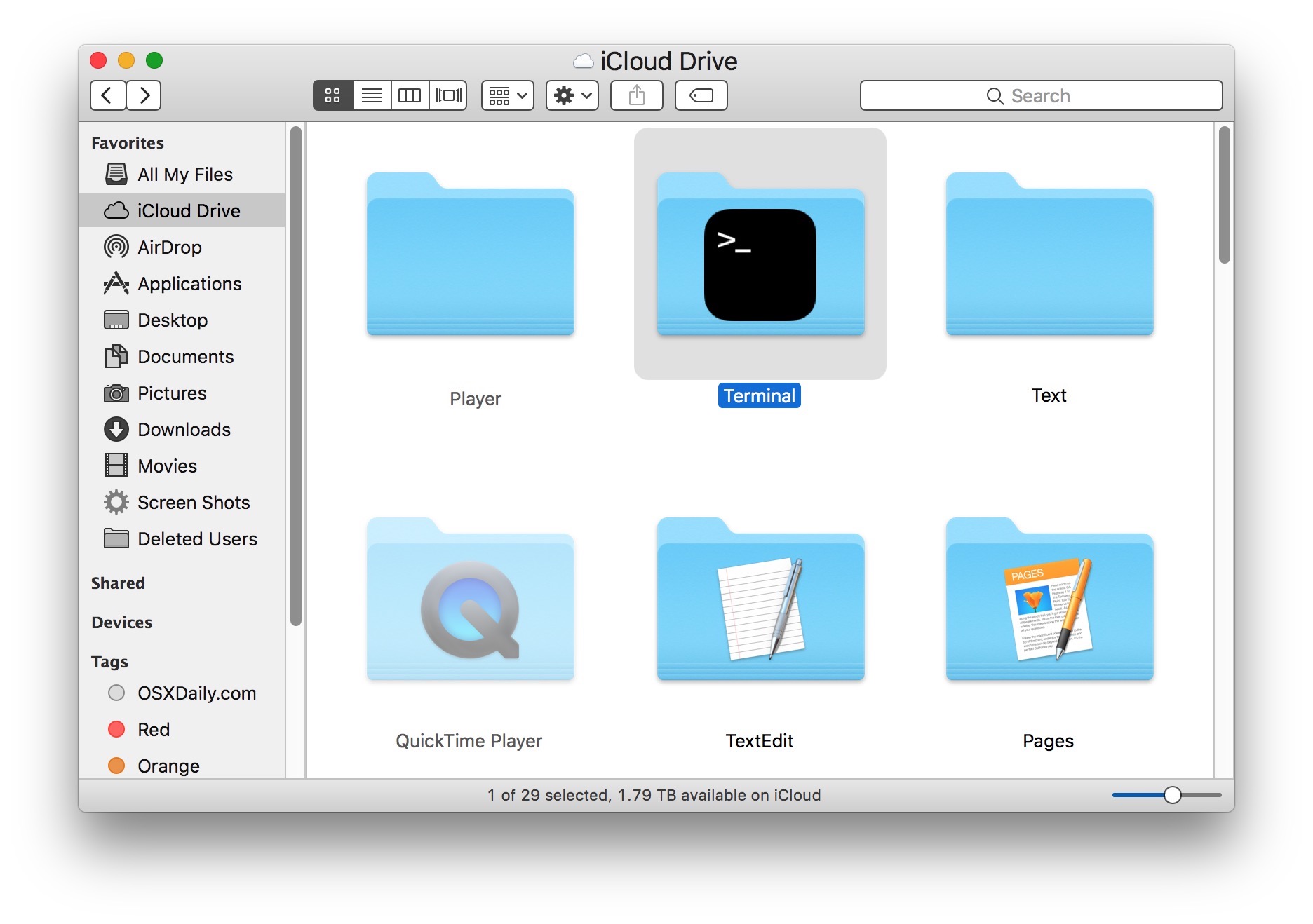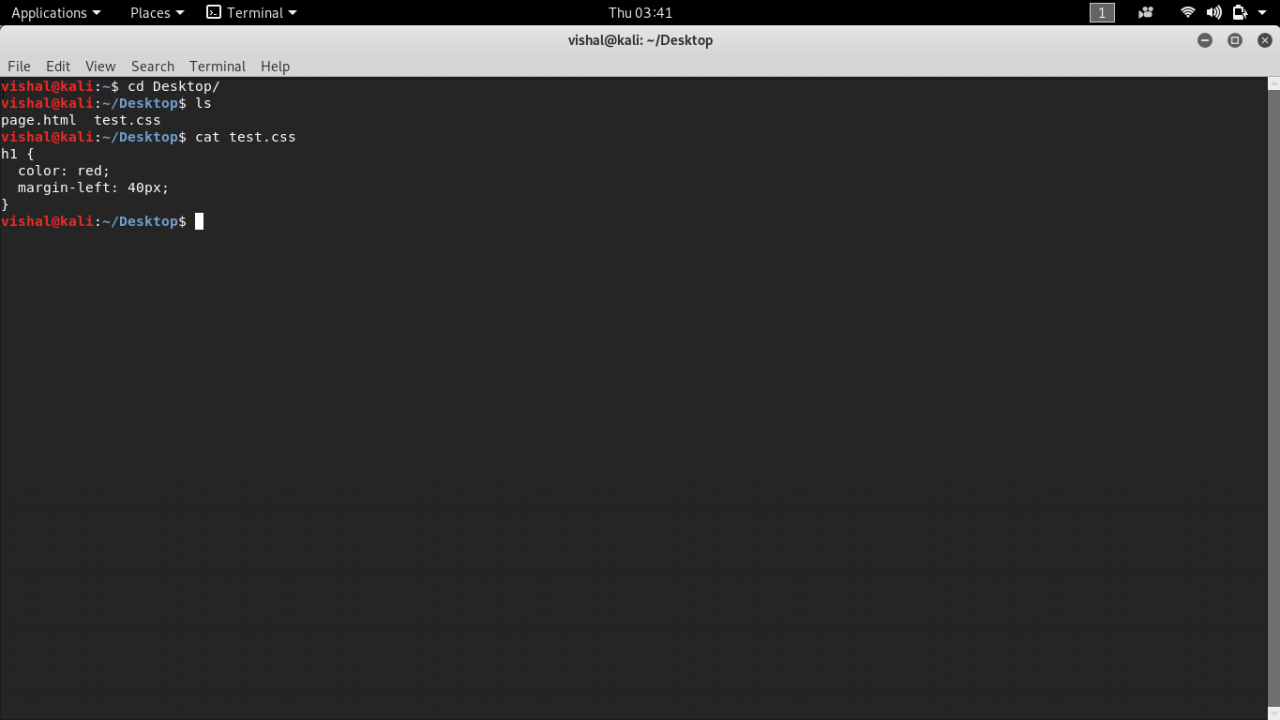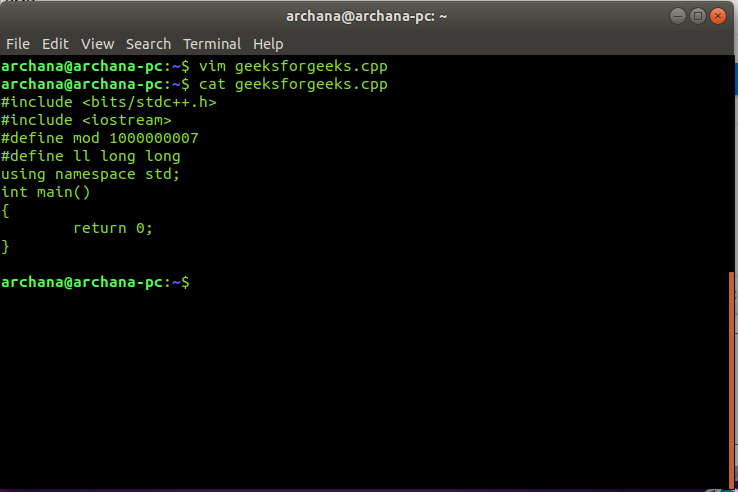

- #Unix edit text file in terminal full
- #Unix edit text file in terminal software
- #Unix edit text file in terminal code
- #Unix edit text file in terminal download

It is thus easy for you to make your own variant if you want. The name which is used to invoke the editor with "rc" tacked on the end gives the name of configuration file to use. Several variants of the editor are installed by default in addition to "joe": "jmacs" (emulate GNU-EMACS), "jstar" emulate WordStar, "jpico" emulate the Pine mailer editor PICO and "rjoe"- a restricted version of JOE which allows the used to only edit the file given on the command line. Much of the look and feel of JOE is determined by its simple configuration file "joerc".
#Unix edit text file in terminal code
If terminfo is used, a library is required to access the database (on some systems this library is ncurses, but JOE does not use curses to control the terminal- it has its own code for this). The choice is controlled by a "configure" option. Note that JOE can use either the termcap or terminfo terminal capabilities databases (or a built-in termcap entry for ANSI terminals).

The compiled binary is about 300K in x86. This makes JOE very easy to build (just "configure" and "make install"), making it feasible to include on small systems and recovery disks. JOE is written in C and its only dependency is libc. JOE also has some of the key bindings and many of the powerful features of EMACS. JOE is a blending of MicroPro's venerable microcomputer word processor WordStar and Richard Stallman's famous LISP based text editor GNU-EMACS (but it does not use code from either program): most of the basic editing keys are the same as in WordStar as is the overall feel of the editor. JOE has been around since 1988 and comes standard with many Linux distributions.
#Unix edit text file in terminal full
JOE is a full featured terminal-based screen editor which is distributed under the GNU General Public License (GPL). To edit a file with this tool, you only need to run the following command: mcedit file.txt 4. Midnight Commander is based on versatile text interfaces, such as Ncurses or S-Lang, which allows it to work on a regular console, inside an X Window terminal, over SSH connections and all kinds of remote shells.

It's a feature rich full-screen text mode application that allows you to copy, move and delete files and whole directory trees, search for files and run commands in the subshell. GNU Midnight Commander is a visual file manager, licensed under GNU General Public License and therefore qualifies as Free Software. In this article we'll share with you 5 of the most used CLI file editors that you can use on Unix environments. Many of us are accustomed to use a single CLI editor, the one with which we learned for the first time to edit a file in a terminal, however not everybody knows that are a plenty options to your CLI editor that you can learn to use as well with your favorite editor.
#Unix edit text file in terminal software
They're widely used to modify configuration files in the server without handling such files on versioning software like Git or Subversion.
#Unix edit text file in terminal download
If you are pretty lazy and don't like to open an SFTP connection to your server, download files and edit them locally or you are working with huge files that need to be edited remotely, then the term CLI editor is without a doubt a familiar word for you.


 0 kommentar(er)
0 kommentar(er)
